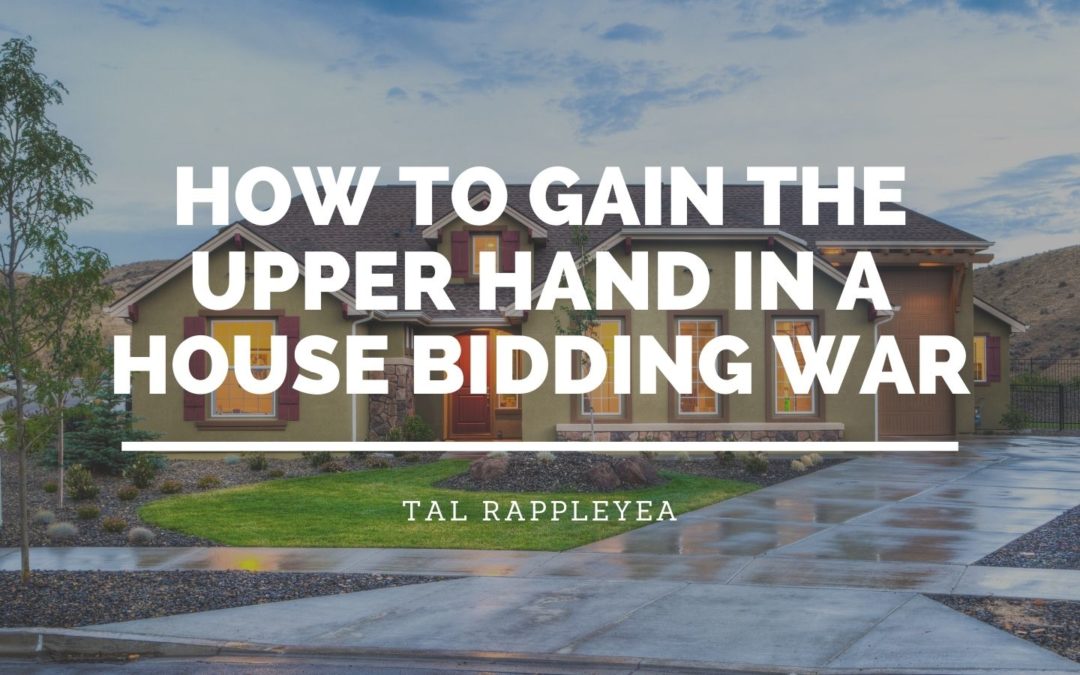Bidding wars over houses are becoming increasingly common. High demand coupled with a limited number of homes available on the market has prompted potential owners to offer significantly more than the seller’s original sale price in an attempt to outbid other interested parties.
There are a few things buyers can do to increase the chances of gaining the upper hand in a house bidding war.
Be Approved
Being pre-approved for financing makes a huge difference between winning and losing a bidding war on a house. Sellers are often frustrated when they accept a bid only to find that the buyer wasn’t pre-approved and that it could take months before the financing goes through or that the buyer is unable to get approval and the seller is forced to relist the house.
Having pre-approval on the financing also allows the buyer to know exactly how high they can go when placing their bid.
Skip the Home Inspection
The words “home inspection” make sellers very nervous. They constantly worry that the inspection will turn up some monumental problem that will make it nearly impossible for them to sell their home for a good price. Bidders who offer to purchase the house without first having an inspector go through it will often gain the upper hand in a bidding war, even if they bid a little less than the other bidders.
The downside to skipping a home inspection is that it could result in failing to identify a serious problem with the house that could ultimately cause the winning buyer to regret their decision.
Creating an Escalation Clause
Buyers who have their hearts set on a particular piece of property have discovered that creating an escalation clause does wonders when it comes to winning a bidding war. Escalation clauses are a way to almost create a sliding scale bid. The escalation clause is set up so that no matter what the highest bid is, your bid is a predetermined amount over that. They are usually set at 3-5 percent and do include a capped price.
Some sellers will walk away from an escalation clause because they want to see if another bidder is willing to offer an amount that exceeds the capped price.
